
Top 7 winter drinks from around the world
Winter is the perfect time to curl up in a warm blanket and enjoy drinks that bring coziness and holiday cheer. Here are seven winter drinks that are perfect for cold days



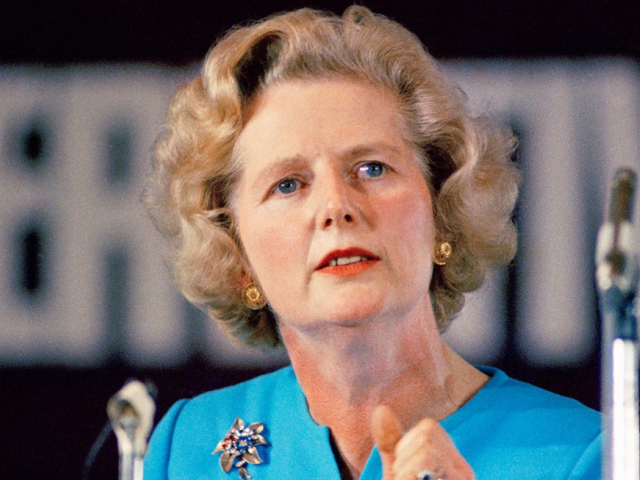
Margaret Thatcher (1979–1990)
The office term of the first female Prime Minister became the longest in the 20th century.
Margaret Thatcher, the Iron Lady, had implemented a number of conservative measures, reviving Albion and shifting the balance of power in favour of the conservatives.
She became an apologist for free enterprise and self-action, launching a number of political and economic ideas designed to solve the problems in the UK at that time.
In its foreign policy activities Margaret Thatcher sharply criticized the Soviet leadership, largely supporting the United States bombing Libya in 1986.
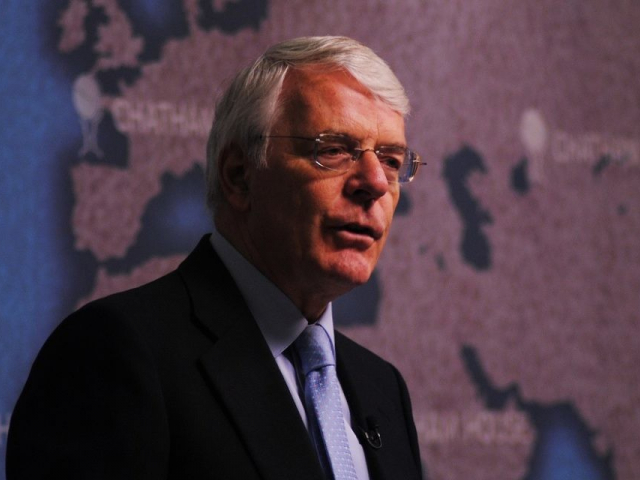
John Major (1990–1997)
Prime Minister John Major is remembered for the Gulf War and the acute situation in Northern Ireland.
The main efforts of the Government during this period were focused on inflation and continuation of denationalization in the light of the global economic downturn. Welfare programs were developed, and improvements in healthcare and education systems have been made.
Indecisive actions at the time of the pound withdrawal from the European currency system led to the so-called Black Wednesday in 1992. On that day the pound plunged by 25 percent due to currency speculation. The Government managed to remedy the situation, but the fate of the conservatives was predetermined.
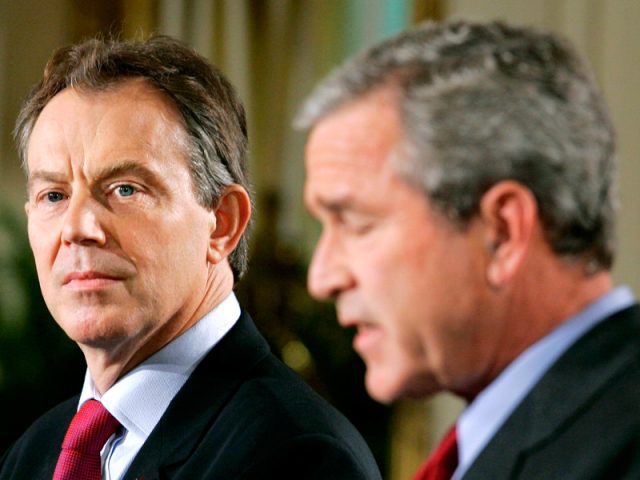
Anthony Blair (1997–2007)
Antony Blair became the head of the British Government a few days before his 44th birthday and spent three consecutive terms as Prime Minister. As the leader of the Labour party, he put an end to the 18 years of Conservative government and became the founder of the New Labour. Blair skillfully navigated between the conservatives and the liberals to find common ground with the EU.
Blair’s time in power is marked by highly successful economic reforms. The ethno-confessional conflict in Ulster has been settled. A lot has been done in healthcare system, school education and on the job market.
However, the popularity of Prime Minister decreased when the United Kingdom sent troops to Afghanistan and Iraq under the US strict guidance.
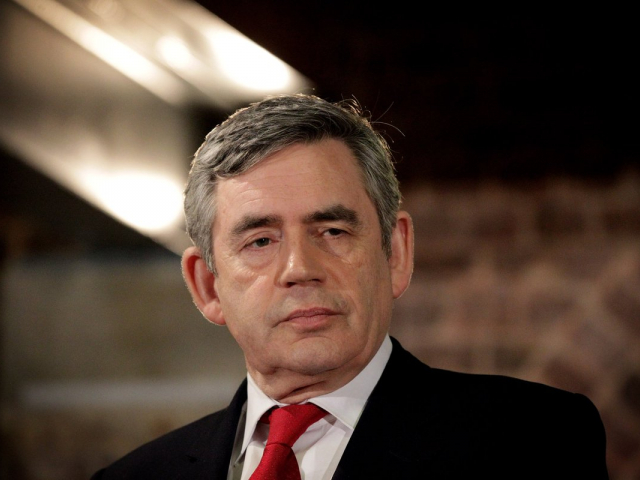
Gordon Brown (2007–2010)
Tough and uncompromising Gordon Brown wasn’t very popular but he was the one who founded the key principles of interstate communication in the fight against the global economic challenges.
When Brown became Prime Minister, he concentrated on saving the banking system, as well as business and demand stimulating. Trying to maintain the supremacy in the party he refused to hold the preliminary parliamentary elections in autumn 2007 and remained the unelected Prime Minister. The so much needed modernisation of the political system was not completed.
Brown withdrew multiple British troops from Iraq and achieved major success in Northern Ireland relations. However, the relationship between Russia and the UK deteriorated the most in the post-Soviet years. His Government is still not forgiven for the Lisbon Treaty ratification, which transferred a lot of powers and authorities to Brussels.
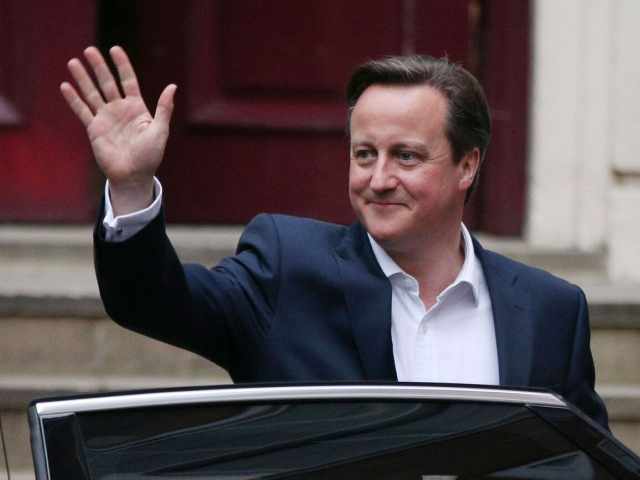
David Cameron (2010-2016)
When David Cameron became Prime Minister, he managed to prove that the Conservative Party did not lose the ability to govern. The young Prime Minister continued fighting against bureaucracy and promoted the development of independent business.
The long-awaited referendum on the independence of Scotland was held in 2014, according to which it remained part of the United Kingdom.
But a couple of years later, Cameron became a victim of another referendum held on June 23, 2016. A supporter of UK membership in the European Union, he did not accept the results and announced his resignation.
Despite the setback, the politician changed the British politics, having introduced a number of socially important reforms. He also paid attention to security issues and changing the rules of succession.

Theresa May (2016–2019)
Theresa May became the second woman after Margaret Thatcher, who led the British Government. But she turned out to be far from the Iron Lady. On May 24 this year, it was reported that on June 7 she would leave the post of Leader of the Conservative Party, as well as the post of Prime Minister of the United Kingdom.
The United Kingdom did not leave the European Union on March 29, and the unfinished Brexit would be her only achievement as the UK Prime Minister. Despite the change of the date to October 31, some observers doubt that Brexit is going to happen at all.
Anyway, there is hope to achieve compromise when Jean-Claude Juncker leaves the post of the head of the European Commission, and tough and eloquent politician will succeed Theresa May.

Winter is the perfect time to curl up in a warm blanket and enjoy drinks that bring coziness and holiday cheer. Here are seven winter drinks that are perfect for cold days

Despite the widespread belief that ultra-wealthy individuals are leaving big cities in search of privacy, most still prefer to live in bustling metropolises, according to the latest billionaire census conducted by Altrata. Let's explore which cities today have the largest concentration of people with a fortune exceeding $1 billion
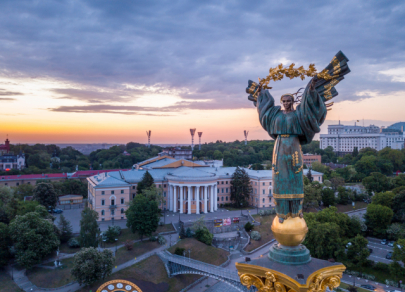
The European Union currently includes 27 member states, but the interest in joining continues to grow, with an increasing number of countries aspiring to become part of the bloc. This article highlights the countries advancing toward European integration and examines where they stand on this path